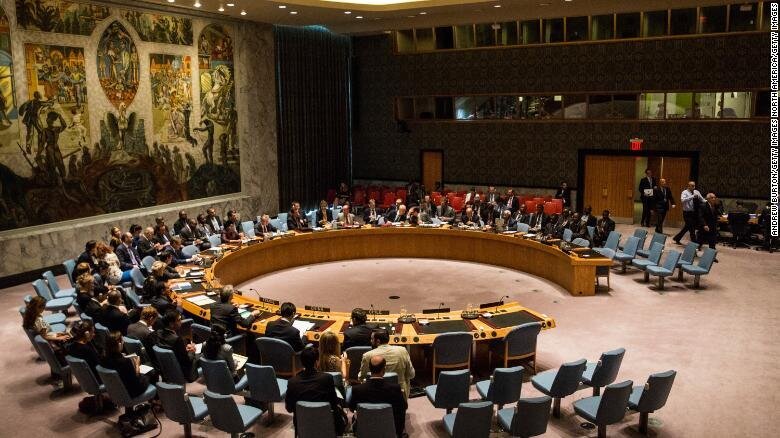TEHRAN — Thirteen countries out of the 15-member UN Security Council have expressed their opposition to the U.S. bid to reimpose the UN sanctions on Iran, arguing that Washington’s move is void given it is using a process under a nuclear deal that it quit more than two years ago.
It came after U.S. Secretary of State Mike Pompeo’s Thursday announcement, which notified the world that the U.S. has triggered a 30-day countdown to a return of the UN sanctions on Iran, including an arms embargo.
According to Reuters, long-time U.S. allies Britain, France, Germany and Belgium as well as China, Russia, Vietnam, Niger, Saint Vincent and the Grenadines, South Africa, Indonesia, Estonia and Tunisia have written letters in opposition.
Washington has accused Tehran of violating the 2015 nuclear pact, official known as the Joint Comprehensive Plan of Action (JCPOA), which U.S. President Donald Trump unilaterally withdrew from in May 2018 while denouncing it as the “worst deal ever”.
The U.S. move to trigger what is know as the “snapback” mechanism came a week after its efforts to extend the UN arms embargo on Tehran failed miserably. Only the Dominican Republic joined Washington in voting yes.
Dominican Republic has not yet written to the council to state its position on the snapback move.
According to a 2015 Security Council resolution enshrining the nuclear deal, if no council member has put forward a draft resolution to extend sanctions relief on Iran within 10 days of a non-compliance complaint, then the body’s president shall do so within the remaining 20 days.
The United States would be able to veto this, giving it a cleaner argument that sanctions on Iran have to be reimposed.
However, the resolution also says the council would “take into account the views of the states involved.” Given the strong opposition, some diplomats say the council president – Indonesia for August and Niger for September – would not have to put up a draft text.
“Faced with this very strong view of a majority of Security Council members that the snapback process has not been triggered, as the presidency they are not bound to introduce the draft resolution,” Reuters quoted a UN Security Council diplomat as saying on condition of anonymity.
The U.S. has signaled that it expects Indonesia or Niger to put a text to a vote. Another U.S. option is to put forward the draft itself or ask the Dominican Republic to do so.
The United States argues that it can trigger the sanctions snapback process because the 2015 Security Council resolution still names it as a nuclear deal participant.
However, in a joint letter to the Security Council on Thursday hours after the U.S. submitted it complaint, Britain, Germany and France said: “Any decisions and actions which would be taken based on this procedure or on its possible outcome would also be devoid of any legal effect.”
TAGS


No comments:
Post a Comment